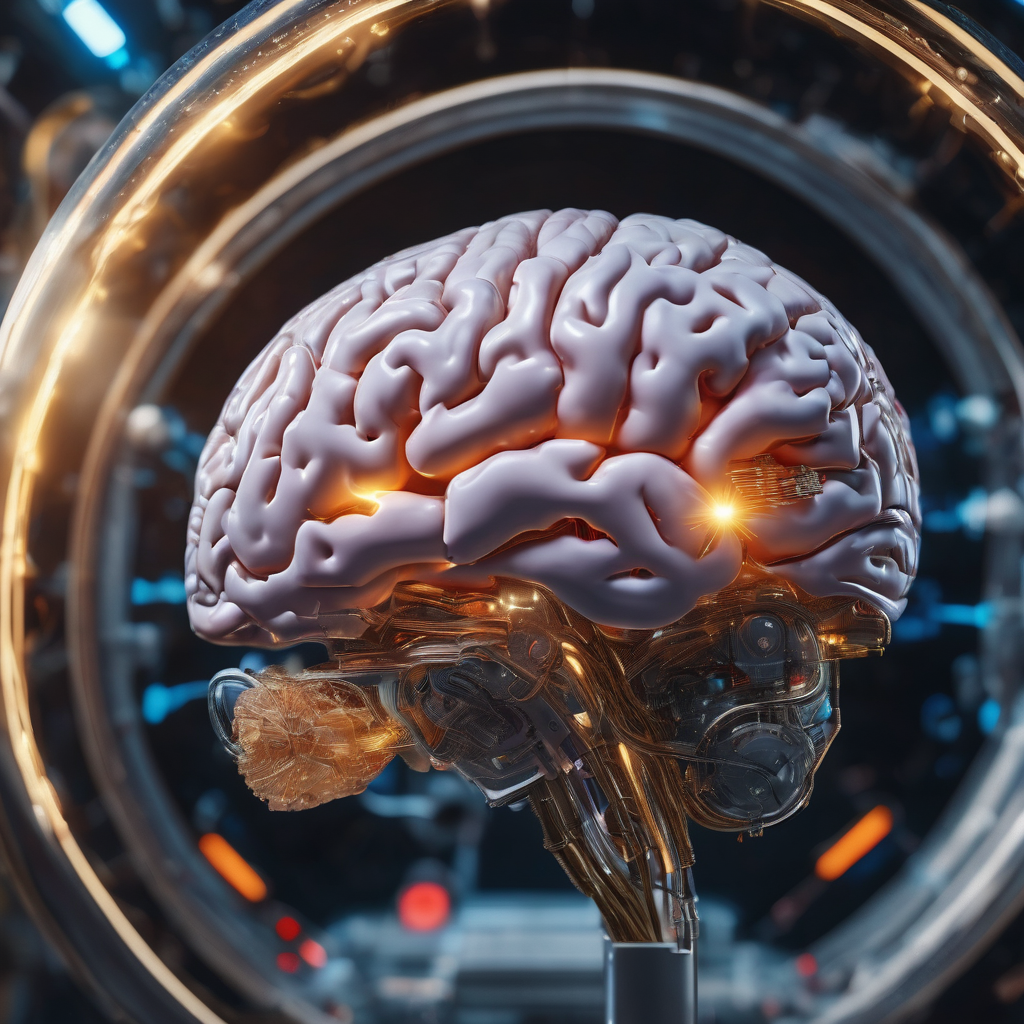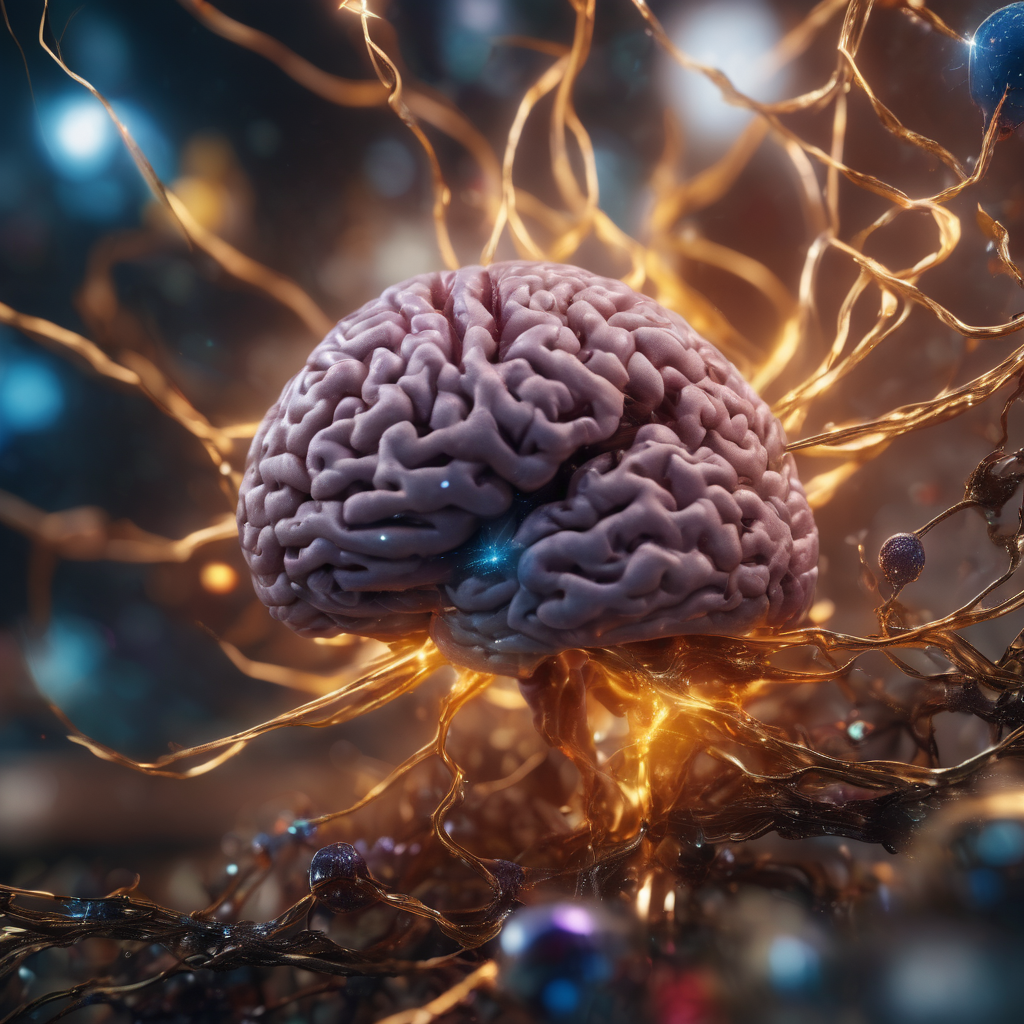Food for Thought Series: Part 2
By Katrina Manaloto, Jade Harrell, Aileen Xia
Productivity
With the recent boom in productivity culture, it’s easy to get swept up by the plethora of work systems we see online. A recent productivity technique involves creating a ‘second brain’ to organize to-do lists, projects and deadlines. Although effective, focusing on perfecting an auxiliary ‘second brain’ can make us overlook the intricacies of our own bodies. We might miss the fact that there is already a ‘second brain’ programmed inside us – our gut.
Much like the brain, the gut possesses its own neural circuitry and produces neurotransmitters exactly like the ones in our brains. The role of these neurotransmitters is critical for feelings like motivation or inspiration, which encourage learning and productivity.
Because our gut produces these neurotransmitters, what we put in our gut can affect our ability to tap into these feeling states. Although there aren’t any superfoods that will put you in a productive frenzy, there are foods that one should avoid in order to maintain a proper balance of gut microbiota. Eating ultra-processed foods — like many Americans today — can throw gut microbiota off balance, possibly impeding our innate ability to stay concentrated. Take, for example, a study that observed mice consuming a high sugar and high fat diet. Scientists found these mice suffered from dysbacteriosis (imbalance of gut microbiota), which led to negative effects on brain function and structure. This included higher levels of inflammation in the brain, and an imbalance of neurotransmitter levels which could have played an “accelerant” role in stress response.
What we can learn from this is that the gut-brain axis has a considerable impact on our mood, and thus our ability to work or learn. Avoiding high sugar and fat diets, eating whole and fermented foods can help create balance within the gut, maintaining our intrinsic ability to be efficient, productive and neurologically healthy.
How the gut-brain axis relates to mental health disorders
Since we know about the connection between the gut-brain axis and our emotions and mental health, it’s no surprise that our stomach is affected by our mood: when you’re anxious you feel nauseous and when you’re sad you lose your appetite. However, it is also true that our mood is affected by our stomach, and perhaps a lot more than we ever could have imagined.
People with depression and anxiety are found to have a poor gut microbiome, with there being too little of important bacteria like Prevotellaceae and too much of Thermoanaerobacteriaceae, along with weak microbiome diversity overall. Often when confronted with these facts, scientists will attribute it to “reverse causation:” people with depression and anxiety make poor food choices because of their mood, therefore weakening their gut microbiome after the onset of their mental illnesses. However, it was shown in an experiment that there is also a direct causation. By doing a fecal transplant of depressed individuals’ gut microbiome into rats, the rats (which were previously healthy) showed signs of depression. Also, the rats exhibited lack of motivation and irregular serotonin modulators, and anxiety after the transplant – indicating that the gut directly leads to symptoms of the mental health disorders.
Chronic stress is also shown to have a complex relationship with the gut microbiome. Often, people with anxiety disorders or who are experiencing continued stress simultaneously struggle with digestive issues like Irritable Bowel Syndrome (IBS) or Inflammatory Bowel Disorder. It turns out, various types of stress have their own unique gut-microbiome composition that differs from what a healthy gut should look like. For example, maternal separation stress (in young monkeys) can cause a temporary decrease in faecal lactobacilli while exposure to chronic psychosocial stress (in mice) can cause a decrease in Bacteroides and an increase in Clostridium. In a way, these gut microbiome compositions are our own “URL code” for what’s going on in our mental health. It is believed that these effects take place through the hypothalamus–pituitary–adrenal (HPA) axis, which is one of the many gut-brain axes in our nervous system. Ending on a positive note, since there is a dual-causal relationship between our brains and stomachs, it is often possible to treat one problem by fixing the other. For example, probiotics can lower the symptoms of clinical depression, and oftentimes when the emotional stressor is gone, the gut returns back to its normal healthy state.
Tell us about an “aha” moment where you felt fuzzy-headed, checked out, or unproductive. What’s your life-hack to snap out of it? Submit your responses here.
Look forward to our final part of “Food for Thought,” where we’ll discuss the importance of food justice, as well as offer some practical healthy diet tips for keeping your gut and brain happy and healthy.
For more reading, click here:




